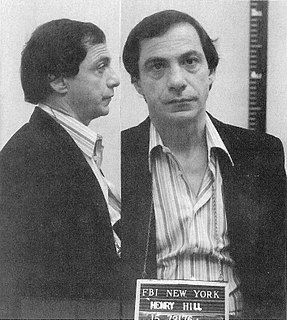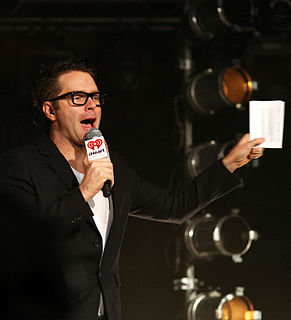A Quote by George Carlin
Related Quotes
What the essential difference between man and woman is, that they should be thus attracted to one another, no one has satisfactorily answered. Perhaps we must acknowledge the justness of the distinction which assigns to man the sphere of wisdom, and to woman that of love, though neither belongs exclusively to either. Man is continually saying to woman, Why will you not be more wise? Woman is continually saying to man, Why will you not be more loving? It is not in their wills to be wise or to be loving; but, unless each is both wise and loving, there can be neither wisdom nor love.
That all opposites—such as mass and energy, subject and object, life and death—are so much each other that they are perfectly inseparable, still strikes most of us as hard to believe. But this is only because we accept as real the boundary line between the opposites. It is, recall, the boundaries themselves which create the seeming existence of separate opposites. To put it plainly, to say that "ultimate reality is a unity of opposites" is actually to say that in ultimate reality there are no boundaries. Anywhere.
It is ignorance that is at times incomprehensible to the wise; for instance, he may not see 'the positive person' or 'the negative person' in a black and white way as many people do. A wise man may not understand it because, as a catalyst of wisdom, but not wise in his own eyes, even he can learn from and give back to fools. To think that an individual has absolutely nothing to offer to the table is counter-intuitively what the wise man considers to be 'the ignorance of hopelessness'.


































